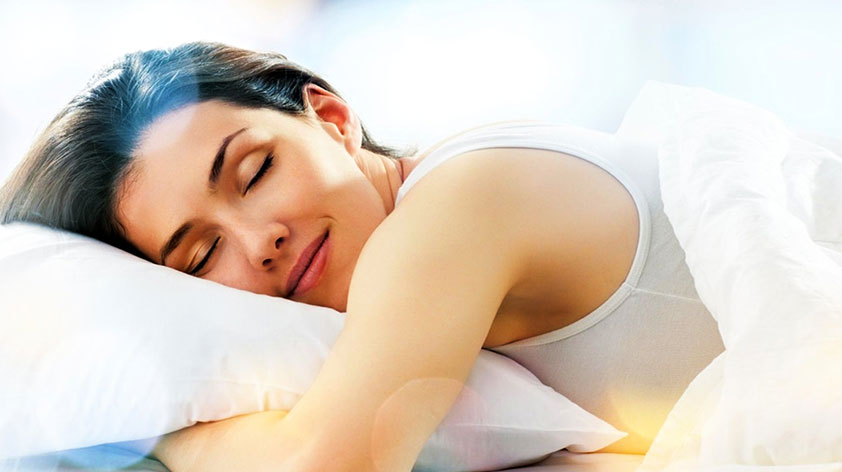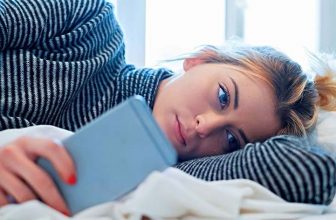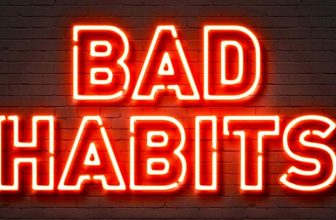
A good night’s sleep can make a huge difference to how you feel about things the next day. Even the most stressful of things appear to be less bothersome after a good night’s rest. According to Sleepify, up to 45 percent of Australians, for example, experience poor sleeping patterns. This in turn may cause high irritability and fatigue during waking hours. As the lines between work and home continue to be blurred, as does the consumption of social media and video streaming, there may be lifestyle factors that are preventing you from achieving quality sleep. Below are 3 Lifestyle Changes You Can Make to Fall Asleep Easier Tonight.
There are a range of reasons why people struggle to get consistent, good quality sleep. There may burdens on their minds such as work, troubled relationships or financial issues. There may be physiological reasons such as suffering from obstructive sleep apnea (while there is no cure for this, CPAP therapy has proven effective in managing sleep apnea).
1. Limit Social Media Consumption in the Evening
Social media consumption via popular platforms such as Facebook and Instagram can be addictive. Some experts have noticed a correlation between well-being and social media usage. Notifications on these platforms have been said to give users a dopamine spike, thus fueling their need to continue engaging on social media. It’s all a business after all!
For many adults, their smartphone is with them at all times – when they wake, when they sleep, and even when they go to the bathroom. These devices fuel our desire to feel and easily stay connected with others, our alarms, our calendars, and needless to say, our preferred tools of documenting life.
Aside from the psychological effects of social media use at bedtime, there is also the physiological impact of blue light exposure. The blue light, typically emitted from smartphones and tablets is overstimulating. This is because blue wavelengths increase one’s attention and reaction times. Therefore, avoid looking at bright screens 2-3 hours before bed and definitely do not look at your phone when in bed.
2. Allocate a Time During the Day to Release Stress
Stress and worrying is a natural response to unfavourable situations. When we feel stressed, our body releases adrenaline, noradrenaline and cortisol. We also breathe harder and more quickly to quickly distribute oxygen-rich blood around our body. Our heart rate and blood pressure increase acutely. This ‘fight or flight’ response is an evolution of our defense mechanisms. Prolonged however, these physiological responses to stress can cause serious damage.
“It is absolutely normal to worry about things”, says Danni Zhang of New Vision Psychology. “Outside of seeing a counsellor and working together to find a solution that helps identify your stress triggers and manage your awareness of your stress, physical exercise can be part of your effective lifestyle changes to clear your head and to gain perspective.” “Why not go for a walk and during those 30-minutes, stress all you want?” – Danni suggests. “Chances are, you will clear your head and gain clarity and get a good cardio workout in the process.”
3. Swap Coffee For Herbal Tea
Caffeine, found in both coffee and black tea is a stimulant. Caffeine blocks adenosine receptors and this in turn, makes it difficult for you to feel sleepy. This is why caffeine can have a disruptive effect on your sleep. The amount of caffeine found in coffee will depend on the type of coffee bean, roast style, serving size, and how the coffee is prepared. In general, a single shot of espresso contains 63mg of caffeine while a cup of brewed coffee will contain 95mg.
Like coffee, tea contains caffeine as well; green tea (35-70mg), oolong (50-75mg), and black tea (60-90mg). However, herbal teas such as chamomile peppermint and ginger tea contain no traces of caffeine at all. This is because herbal teas are typically made from dried flowers, roots, leaves, or seeds that are caffeine-free.









